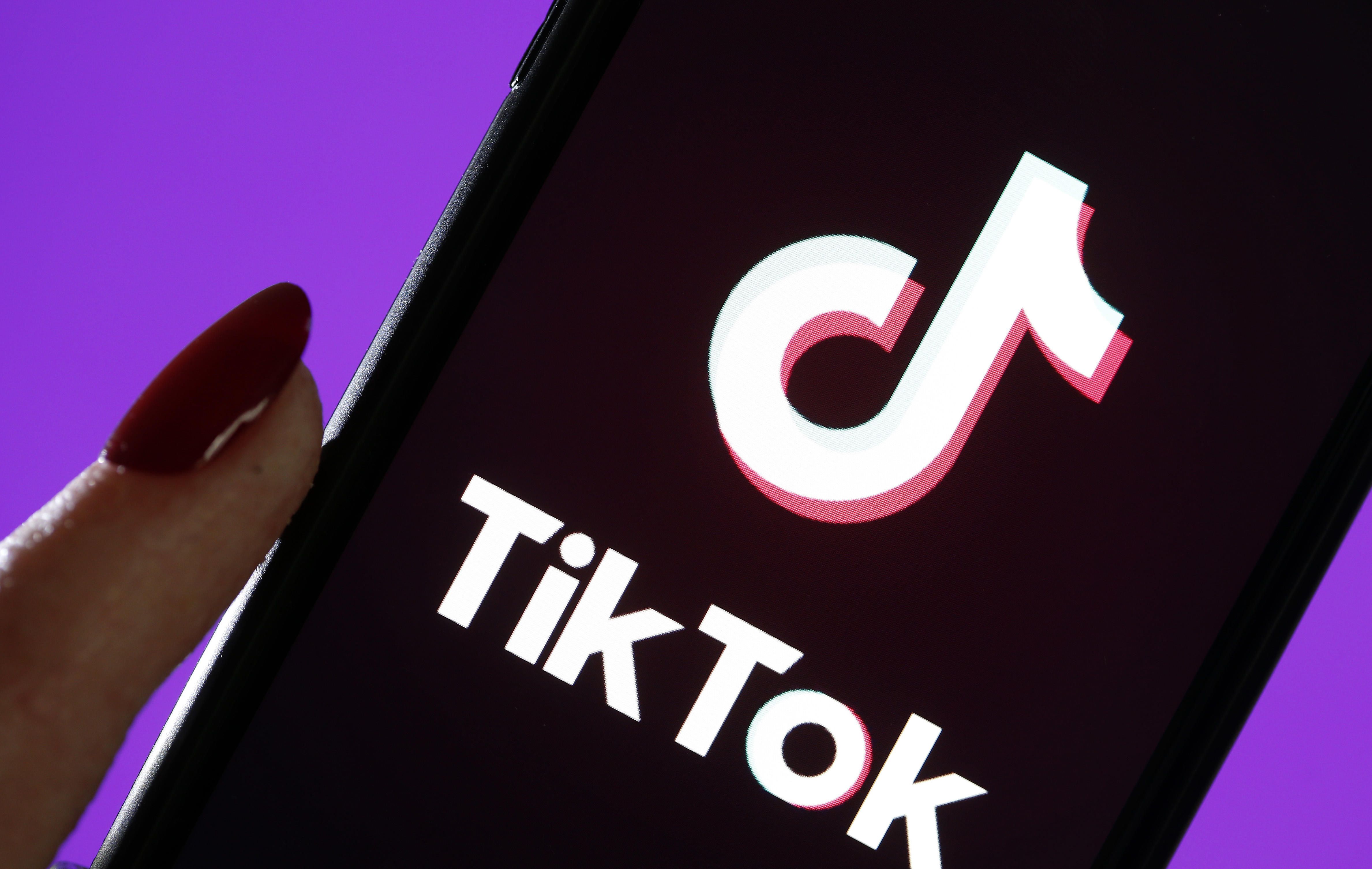Intel Corporation is on a strong strategic sprint under Pat Gelsinger‘s leadership.
ARM and Intel Foundry Services have signed a ‘multi-generational’ design technology co-optimization (DTCO) agreement. Both players will optimize their technology arsenal to enable chip designers have low-power SoC devices made on the Intel 18A process node, scheduled to be manufacturing ready in H2 2024.
The ARM-Intel Foundry Services collaboration will initially focus on mobile SoC designs. The agreement allows for potential design expansion into other strategic areas, including Automotive, Internet of Things (IoT), Data Centers, Aerospace and Government.

Arm partners have shipped >250Bn billion Arm-based chips till date. This trend will only accentuate further driven by need for power-efficient compute and performance capabilities, and the three big overarching megatrends: 5G, IoT and AI.
The agreement with Arm further strengthens and broadens the Intel Foundry Services play as a foundry player, enabling it to compete effectively with the likes of TSMC and Samsung by producing all chips, including Arm IP.
I anticipate more such deals to come in the time ahead that strengthen the overall positioning and play of Intel Foundry Services (IFS) as a strategic semiconductor foundry.
This, in turn, will enable Pat Gelsinger’s vision to reclaim Intel’s transistor performance-per-watt leadership by 2025.



